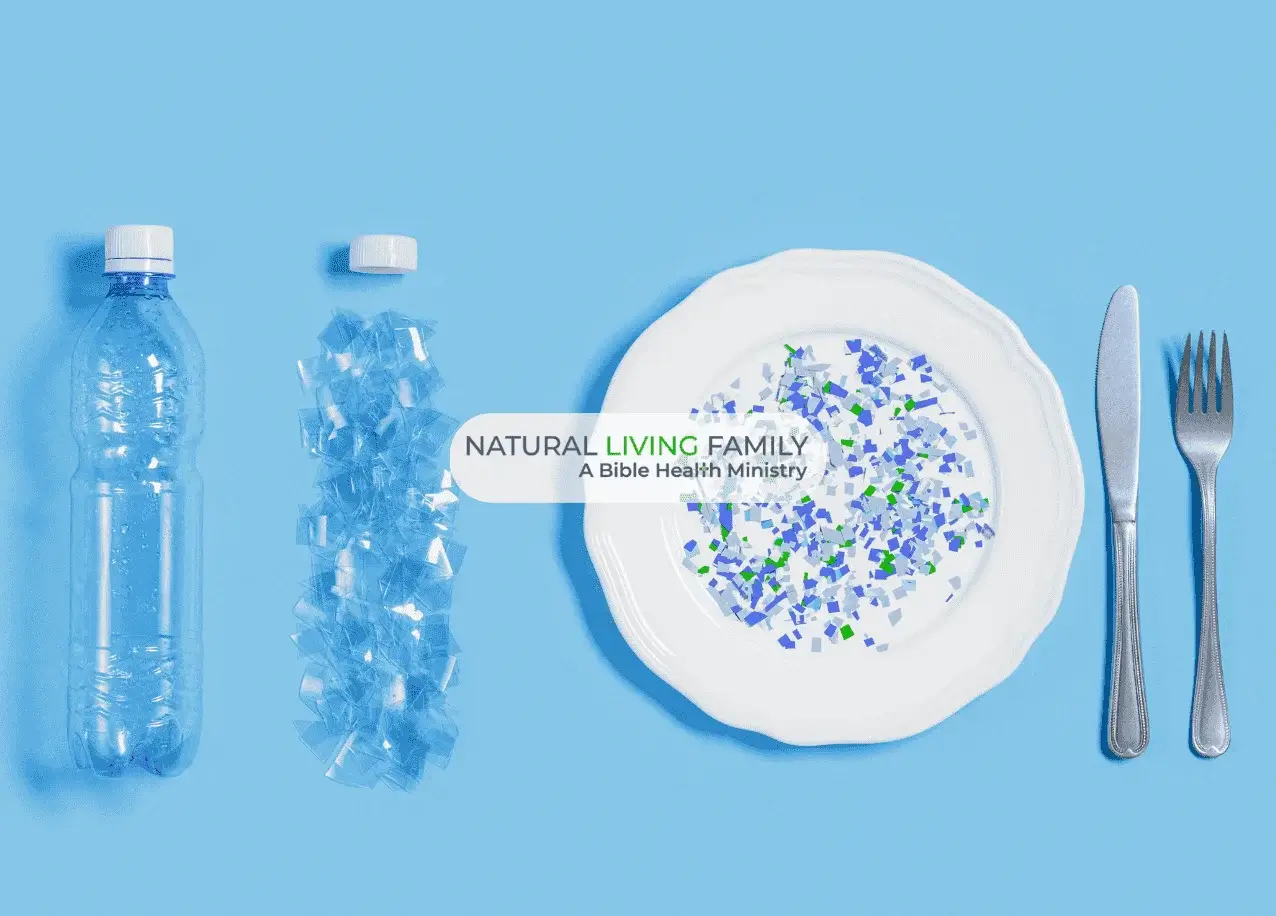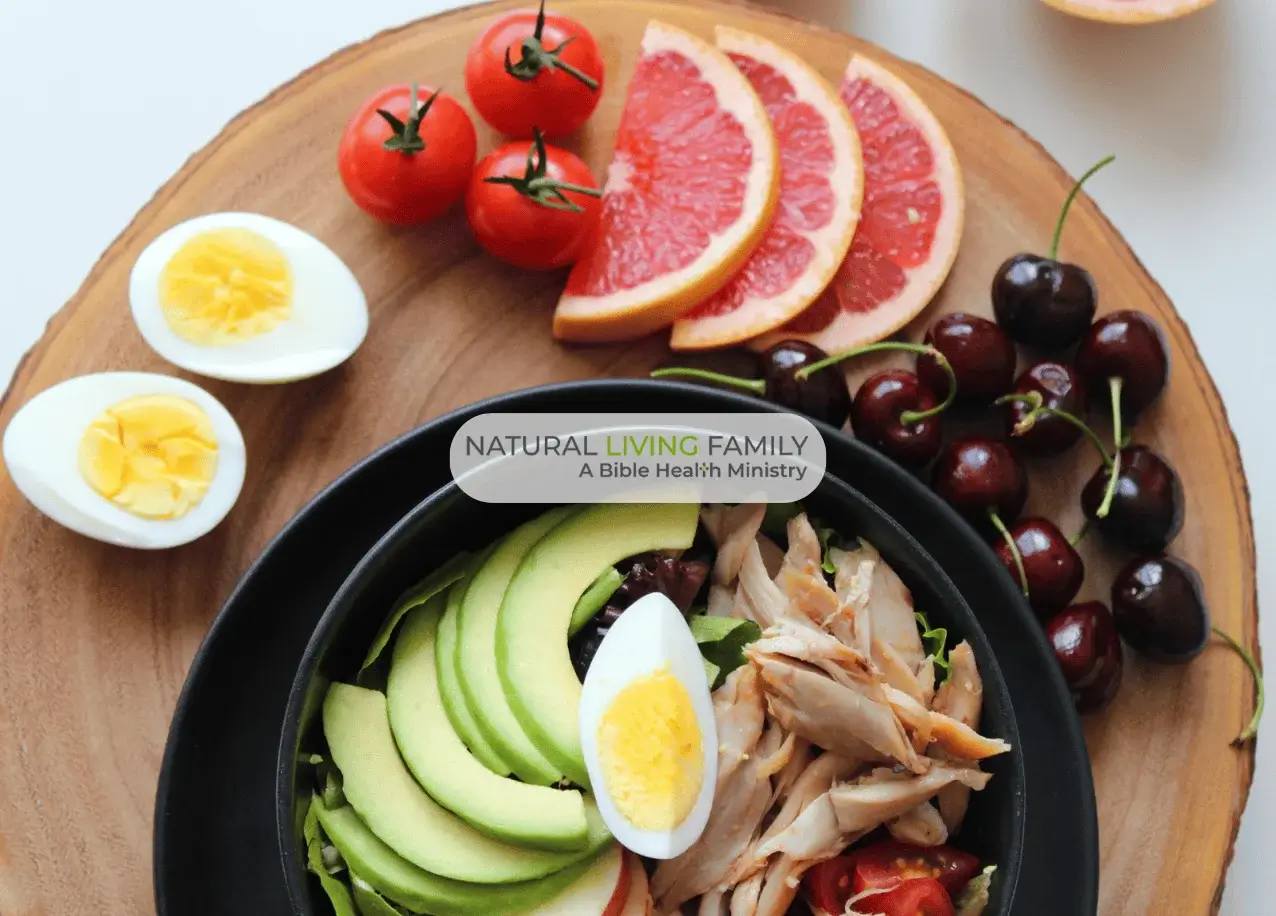Do Xylitol benefits for teeth overcome the potential health concerns? Natural health reporters are trying to say this is a powerhouse for oral health and weight control. But there’s more to the story, as always.
The ingredient “xylitol” is coming up more and more on food labels. Manufacturers claim that xylitol benefits are all-natural, but that does not necessarily mean it is healthy. Sometimes all natural sounds healthy.
We get asked often whether there are healthy xylitol benefits, or if it is dangerous to our health. Unfortunately, the research is not clear: there is no simple, or straightforward answer. After considerable research, we have come to the conclusion the use of xylitol may be beneficial for oral health, but it is not safe for consumption in large amounts.
Table of Contents
What Is Xylitol?
Technically a sugar alcohol, xylitol is a low-digestible carbohydrate that resists starches and includes fiber. It has gained popularity in many health circles because there is the claim that sugar alcohol is natural. There are varieties of this substance, such as:
- Maltitol
- Isomalt
- Erythritol
- Isomalt
- Sorbitol
- Mannitol
Xylitol is a derivative of xylose and is considered a crystalline alcohol. Xylos is a crystalline aldose sugar, which is not digestible. (1, 2) Xylose, not xylitol, is naturally found in nature. It normally is obtained from birch bark. Just because something is natural though, does not mean it is healthy or good for you. Research was conducted in the 1950s that showed: (3)
- People who eat foods with xylose tend to experience digestive issues like gas, bloating, and diarrhea.
- Single stomach animals are unable to properly metabolize xylose.
- Liver evaluation suggests that xylose gets stored in the body.
The various nutrients, like vitamins and minerals, are absorbed into the bloodstream in the small intestine after foods are eaten and digested. But when xylitol is consumed, it travels through your GI tract unscathed, because the body cannot digest it.
The chemicals can react with other foods you eat, however, and then your pancreas may produce other juices, and that can cause complications. This results in gut health problems when xylitol is involved.
Even though there has been plenty of research done since the last century, the following statement from a 1952 article published in the Journal of Nutrition still rings true.
“Pending more favorable experimental data at lower levels of intake, it is deemed inadvisable to risk the incorporation of xylose in foods at any level of intake for extended periods of time.” (3)
Is Xylitol Safe?
The side effects of xylitol are usually minimal in most people, and xylitol poisoning is pretty much unheard of. Even so, xylitol can raise blood sugar levels, and that should suggest that diabetics should not use this substance. (4) Some doctors say people should use xylitol to replace sugar because it is low on the glycemic index, which makes the above seem surprising.
I am also concerned about xylitol because of the industrialization process used to manufacture it. Most of the xylitol made is created by hydrogenating xylose; which is a chemical process that treats the substance with hydrogen with something like nickel. (5) There are two major problems with this process.
Hydrogenated foods are known to cause some problems, so that should be the first cause of alarm. The things it can contribute to include:
- Cancer
- Obesity
- Diabetes
- Alzheimer’s Disease
- Behavioral irritability and aggression
- Major depressive disorder
- Liver dysfunction
Nickel is a known toxin and has been linked to the following: (6, 7)
- Cancer
- Lung disorders
- Kidney problems
- Asthma attacks
- Dermatitis (skin allergies)
- Hand eczema (skin rash)
- Indigestion
There is no current research that proves chewing xylitol-sweetened gum or eating xylitol-sweetened cookies will cause any of these conditions. Still, I would be careful before diving in and making xylitol part of your daily natural health diet.
Special Warning to Pet Owners
I want to make sure everyone who owns a pet is aware of this one thing. Veterinarians agree that xylitol is extremely toxic to dogs. According to VCA Animal Hospitals,
“A pet poison hotline, a poison control center based in Minneapolis MN., has had more than 1500 calls over the past 5 years for xylitol poisoning in house pets, especially dogs. In both humans and dogs, the blood sugar level is controlled by the pancreas releasing insulin. Xylitol does not cause the release of insulin from the pancreas in humans. But dogs are different.
“When a dog eats something with Xylitol, the substance is quickly absorbed into the bloodstream. This causes a potent release of insulin from the dogs’ pancreas. The rapid release causes a tremendous decrease in the level of blood sugar, which we know as hypoglycemia. This can happen in 10 to 60 minutes, and if not treated it can be life-threatening to a dog.” (8)
Never feed your pets table scraps if there is any xylitol involved, and read your pet’s food labels carefully.
Xylitol Side Effects
Xylitol has a two-fold metabolizing burden that it places on the human body, so that is why xylitol is not recommended for humans either. The substance can also lead to weight gain.
- The human body cannot digest xylitol properly. This non-metabolized product ferments in the body and creates an environment favorable for harmful bacteria. It can also make yeast problems worse, and lead to constipation, gas/bloating, and diarrhea. (9)
- Secondly, because it is a toxin, the body cannot digest it adequately, and that wastes metabolic resources as the body tries to get rid of it.
The key to xylitol’s side effects is its dosage.
Usage going over 40 to 50 g/day can cause nausea, borborygmi, (a rumbling sound) bloating, colic, diarrhea, and increased bowel movement frequency. (10)
Weight gain is the most common and most heavily investigated side effect, other than minor gut health complaints, from using xylitol or other artificial sweeteners. There is also a psychosocial aspect that should not be ignored, in addition to the physical effects. A study from a Harvard Medical School study stated:
Research raises concern that they may do just the opposite and actually promote weight gain. How so? [Alternative] sweeteners are extremely sweet — hundreds to thousands of times sweeter than table sugar. So people who habitually consume them may wind up desensitized to sweetness.
Healthful, satiating foods that are less sweet — such as fruits and vegetables — may become unappetizing by comparison. As a result, the overall quality of the diet may decline. The calories removed from the diet by the sugar-for-sweetener swap may sneak back in, in the form of refined carbohydrates and low-quality fats.
In addition, some research has identified sweetness receptors in fat tissue. We don’t know for sure, but that raises the possibility that [alternative] sweeteners could cause weight gain by directly stimulating the development of new fat cells. There’s also some epidemiologic evidence of a correlation between [alternative] sweetener consumption and obesity, but it should be interpreted cautiously. People might consume [alternative] sweeteners because they’ve gained weight, not the other way around. (11)
Xylitol Benefits Compared to Stevia
While there are some negative effects as noted, there are also some positive xylitol benefits. Most healthcare professionals agree that xylitol is good for oral health. The dental community likes it because it is said to have the ability to prevent cavities.
A study published in the Journal of Dental Education said, “The replacement of sucrose with sorbitol and xylitol may significantly decrease the incidence of dental caries.” (12)
A 2009 article published about xylitol benefits in the European Journal of Dentistry provides some details as to why:
Xylitol has beneficial effects on the oral flora not shared by other polyols. The evidence so far supports specific xylitol effects on oral bacteria, but not on saliva. Xylitol cannot be metabolized by plaque bacteria, contrary to sorbitol and other 6-carbon polyols, and may thus favor mineralization. (13)
We cannot jump to the conclusion that xylitol will completely keep cavities from forming because there are some conflicting studies. A frequently cited review in the Caries Research Journal said, “There is no evidence for a caries-therapeutic effect of xylitol.” It is hard to know which one to believe. (14)
I believe xylitol is fairly safe for toothpaste or chewing gum sweeteners. However, it is not recommended in large amounts in general food as part of your meal plans.
Xylitol Benefits vs. Stevia
There are more than 345 scientific papers referencing stevia, and it is clear that it is safe and effective. (15) A recent evaluation showed stevia “has a low glycemic index and, in the doses tested, is not cytotoxic nor has an acute or chronic effect on blood sugar, which makes it a safe sweetener.” (16)
Even though it is a natural herb, not all stevia products on the shelves are equally good. There are some lower level brands that are advertised as stevia but they are not 100 percent stevia. It may be mixed with xylitol and disease-causing fillers like dextrose and sugar. A good rule of thumb is that if it sounds too good to be true, then it probably is.
Stevia works for most people. But you should still listen to your body. Stevia is a sweetening herb, and everyone’s body reacts differently to herbs. Some other natural sweeteners you may want to try are:
- Dates
- Coconut nectar
- Raw local honey (my personal favorite!)
- Grade B or C maple syrup
Including the herb stevia is a wonderful alternative to sugar, and is a good way to satisfy your sweet tooth. It is as natural as it can get and can be used as an ingredient in many of our allergy-friendly recipes. There are even options to replace xylitol with stevia-sweetened options for all your desserts and in all your drinks.
References:
- https://www.merriam-webster.com/dictionary/xylitol
- https://www.merriam-webster.com/dictionary/xylose?show=0&t=1412909936
- https://academic.oup.com/jn/article-abstract/49/2/347/4727895?redirectedFrom=PDF
- https://www.mayoclinic.org/diseases-conditions/diabetes/expert-answers/artificial-sweeteners/faq-20058038
- https://en.wikipedia.org/wiki/Xylitol
- https://www.webmd.com/vitamins/ai/ingredientmono-1223/nickel
- https://www.atsdr.cdc.gov/toxprofiles/tp15-c1.pdf
- https://vcahospitals.com/know-your-pet/xylitol-toxicity-in-dogs
- https://www.webmd.com/vitamins/ai/ingredientmono-996/xylitol
- https://www.drugs.com/npp/xylitol.html
- https://www.health.harvard.edu/staying-healthy/are-artificial-sweeteners-a-good-alternative-to-sugar
- https://web.archive.org/web/20160322135602/http://www.jdentaled.org/content/65/10/1106.long
- https://www.ncbi.nlm.nih.gov/pmc/articles/PMC2676064/
- https://pubmed.ncbi.nlm.nih.gov/15153702/
- https://pubmed.ncbi.nlm.nih.gov/?term=stevia
- https://pubmed.ncbi.nlm.nih.gov/25238836/











